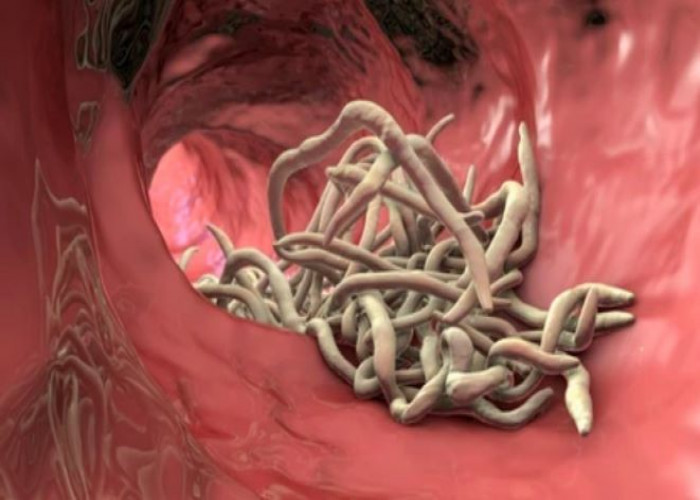 Welcome
Welcome
“May all be happy, may all be healed, may all be at peace and may no one ever suffer."
Ascariasis

Ascariasis is a type of parasitic infection caused by the roundworm Ascaris lumbricoides. It affects the small intestine and is one of the most common intestinal parasitic infections in the world, affecting millions of people, particularly in developing countries.
Ascariasis is typically spread by ingesting contaminated soil or food that contains roundworm eggs. Once inside the body, the eggs hatch into larvae, which migrate through the bloodstream to the lungs. From there, they are coughed up and swallowed, eventually reaching the small intestine, where they mature into adult worms and lay eggs.
Symptoms of ascariasis can vary depending on the number of worms present, but may include abdominal pain, nausea, diarrhea, and weight loss. In severe cases, the worms can cause intestinal blockages, leading to abdominal pain and vomiting.
Diagnosis of ascariasis is typically based on the presence of eggs or adult worms in a stool sample. Treatment usually involves medications, such as albendazole or mebendazole, to kill the worms and prevent reinfection. Good hygiene practices, such as washing hands frequently and keeping food and water sources clean, can help reduce the risk of infection.
Research Papers
Disease Signs and Symptoms
- Persistent cough
- Shortness of breath (dyspnea)
- Nausea or vomiting
- Diarrhea
- Fatigue (Tiredness)
- Asthma
- Weight loss
Disease Causes
Ascariasis
Ascariasis isn't spread directly from person to person. Instead, a person has to come into contact with soil mixed with human or pig feces that contain ascariasis eggs or infected water. In some developing countries, human feces are used for fertilizer, or poor sanitary facilities allow human waste to mix with soil in yards, ditches and fields. People can also get it from eating uncooked pig or chicken liver that is infected.
Small children often play in dirt, and infection can occur if they put their dirty fingers in their mouths. Unwashed fruits or vegetables grown in contaminated soil also can transmit the ascariasis eggs.
Life cycle of a worm
- Ingestion. The tiny (microscopic) ascariasis eggs can't become infective without coming into contact with soil. People can accidentally ingest (swallow) contaminated soil through hand-to-mouth contact or by eating uncooked fruits or vegetables that have been grown in contaminated soil.
- Migration. Larvae hatch from the eggs in your small intestine and then go through the intestinal wall to travel to the heart and lungs via the bloodstream or lymphatic system. After maturing for about 10 to 14 days in your lungs, the larvae break into your airway and travel up the throat, where they're coughed up and swallowed.
- Maturation. Once they're back in the intestines, the parasites grow into male or female worms. Female worms can be more than 15 inches (40 centimeters) long and a little less than a quarter inch (6 millimeters) in diameter. Male worms are generally smaller.
- Reproduction. Female worms can produce 200,000 eggs a day if there are both female and male worms in the intestines, and the eggs leave your body in feces. The fertilized eggs must be in soil for at least two to four weeks before they become infective.
The whole process — from egg ingestion to egg deposits — takes about two or three months. Ascariasis worms can live inside your body for a year or two.
Disease Prevents
Ascariasis
The best defense against ascariasis is good hygiene and common sense. Follow these tips to avoid infection:
- Practice good hygiene. Before handling food, always wash your hands with soap and water. Wash fresh fruits and vegetables thoroughly.
- Use care when traveling. Use only bottled water, and avoid raw vegetables unless you can peel and wash them.
Disease Treatments
Typically, only infections that cause symptoms need to be treated. In some cases, ascariasis will resolve on its own.
Medications
Anti-parasite medications are the first line of treatment against ascariasis. The most common are:
- Albendazole (Albenza)
- Ivermectin (Stromectol)
- Mebendazole
These medications, taken for one to three days, kill the adult worms. Side effects include mild abdominal pain or diarrhea.
Pregnant women may take pyrantel pamoate.
Surgery
In cases of heavy infestation, surgery may be necessary to remove worms and repair damage they've caused. Intestinal blockage or holes, bile duct blockage, and appendicitis are complications that may require surgery.
Disease Diagnoses
Disease Allopathic Generics
Disease Ayurvedic Generics
Disease Homeopathic Generics
Disease yoga
Ascariasis and Learn More about Diseases

Anterior prolapse (cystocele)
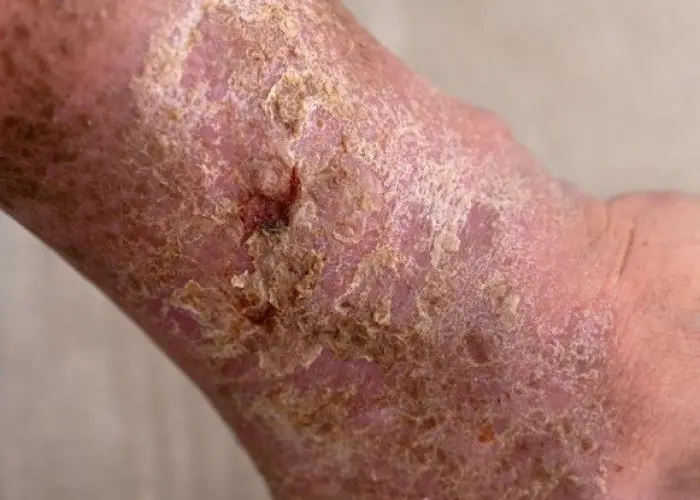
Gangrene

Mitral valve disease
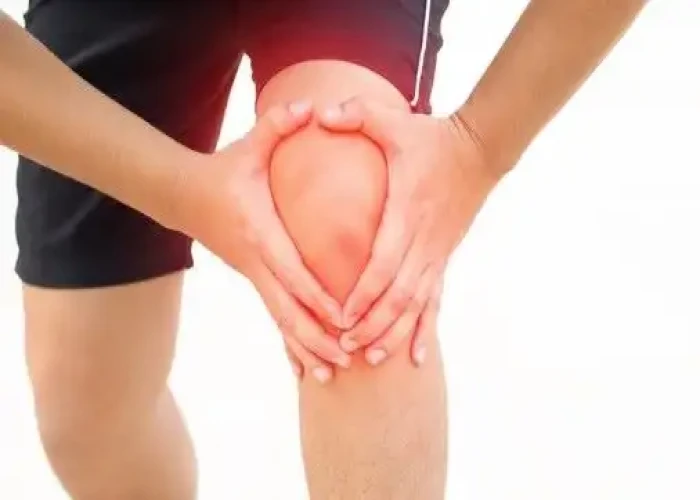
Swollen knee

Cardiomyopathy
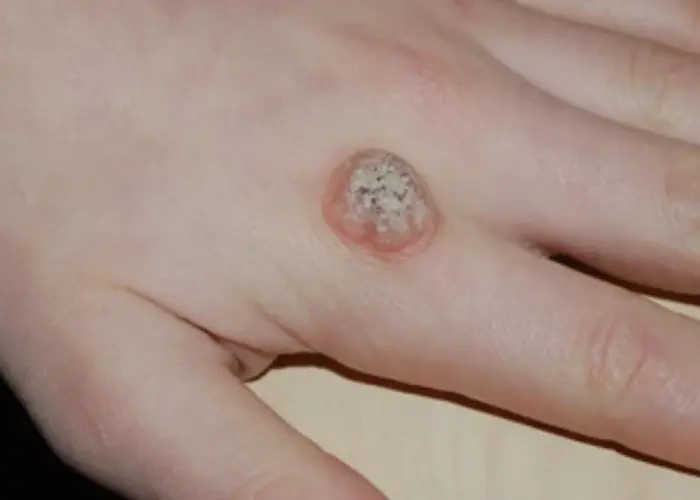
Common warts
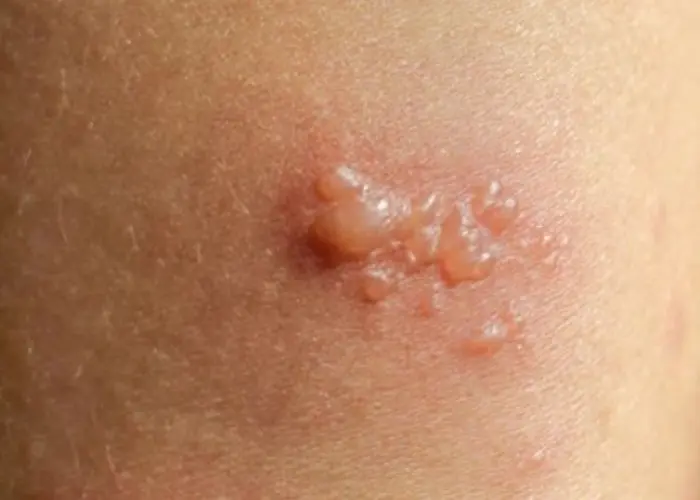
Bullous pemphigoid
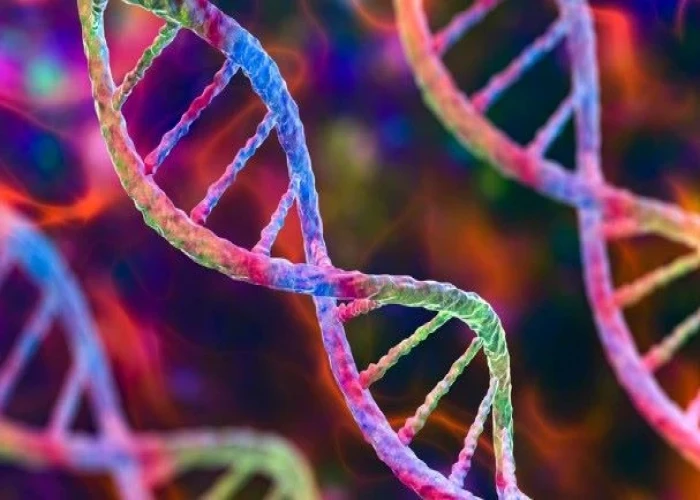
Prader-Willi syndrome
Ascariasis, Ascaris Lumbricoides, Ascariasis treatment, এসকরিয়াসিস
To be happy, beautiful, healthy, wealthy, hale and long-lived stay with DM3S.
